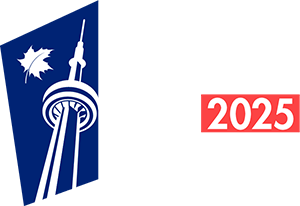Community Hub Assessments
Community hubs bring service providers together in one location, such as a school, a neighbourhood centre or other former public space that has become surplus.
How your community hub property is assessed
Depending on the ownership and use of space, community hubs may be assessed in different ways. You may be assessed as part of the:
- Residential property class:
- Non-profit organizations that are similar to service providers often found in community hubs may qualify for the residential property class if they own and occupy a property.
- Commercial property class:
- The property, or portion of property, occupied by the organization defaults to the commercial property class when they are a tenant and lease space from one of the following:
- municipality
- school board
- church
- other exempt organization
- The property, or portion of property, occupied by the organization defaults to the commercial property class when they are a tenant and lease space from one of the following:
Supporting documentation
To determine the classification of a property, each property must be individually reviewed based on its specific fact situation.
We require supporting documentation which may include:
- Owner verification; registered transfer/deed of land.
- Letters patent; states the objects of the corporation.
- Lease/licence agreement/operation or management agreement that clarifies the relationship between the property owner and any other organizations or individuals occupying and using the property.
- Other items, such as:
- financial statements
- mission statement
- pamphlets/brochures
- client profile
- a complete description of the uses and activities of the occupied areas
- floor plan/diagram identifying the areas occupied by the owner/organization




